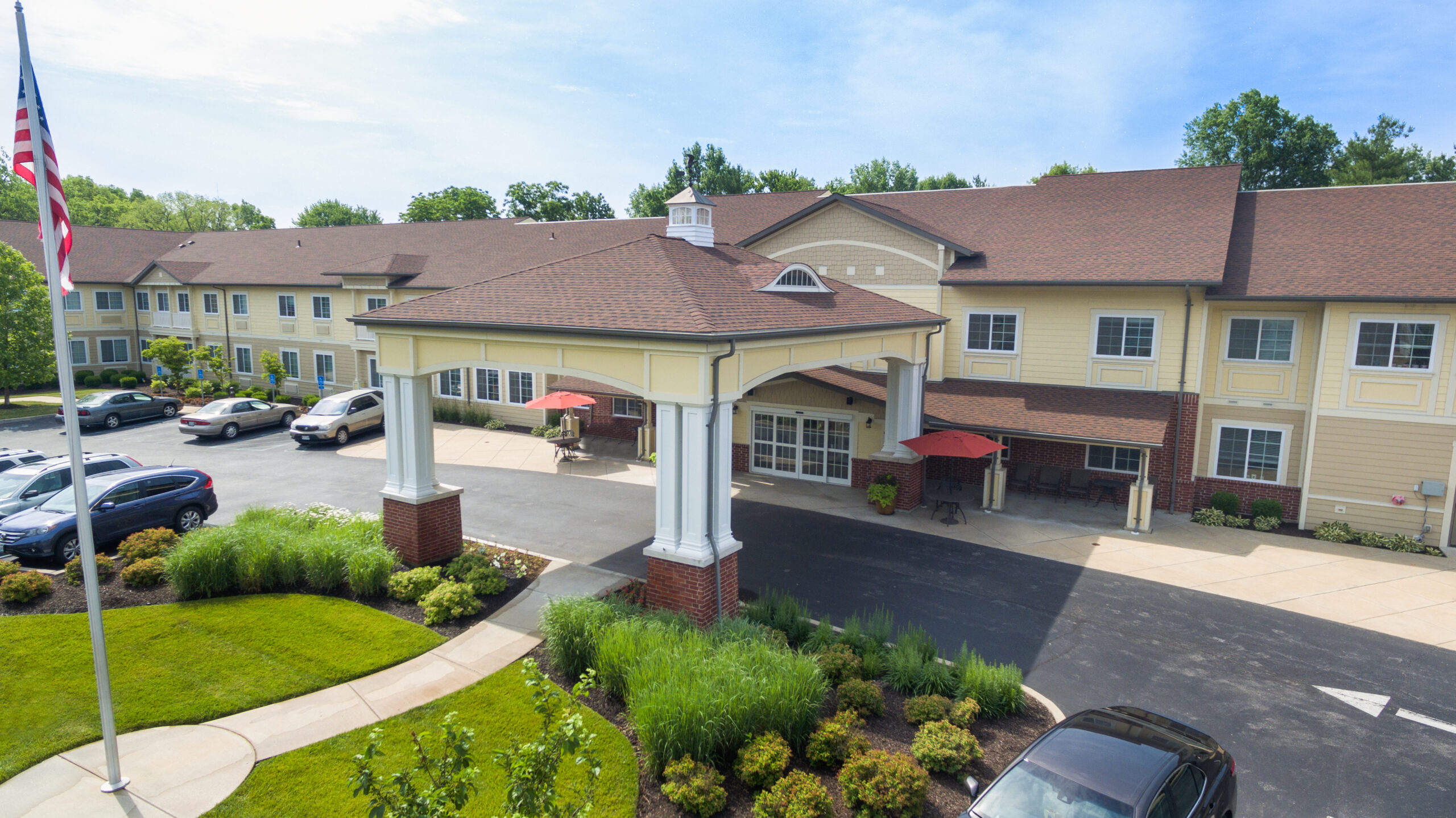Supporting Family Members with Specialized Alzheimers Care Charlotte Solutions
Producing a Safe and Helpful Atmosphere for Alzheimer's Treatment
The development of a risk-free and encouraging setting for people with Alzheimer's is extremely important in boosting their quality of life. Checking out these diverse techniques can disclose critical insights into efficient caregiving approaches that may change the day-to-day experiences of both caregivers and people.
Understanding Alzheimer's Needs
Frequently, people with Alzheimer's disease exhibit a series of demands that need tailored strategies to care. As the condition advances, cognitive decrease shows up in various ways, impacting memory, thinking, and also the capacity to carry out everyday activities. Caretakers should acknowledge these evolving requirements to give suitable support and make certain a better of life for those affected.
One crucial aspect of comprehending Alzheimer's demands is identifying the importance of regular and familiarity. People usually locate comfort in established patterns, which can decrease anxiety and complication. Caretakers need to aim to develop structured daily timetables that incorporate purposeful tasks straightened with the person's passions and capabilities.
Additionally, effective communication is vital. Individuals with Alzheimer's might battle to share themselves or comprehend complex language. Caretakers ought to use straightforward, clear language, use non-verbal hints, and technique active listening to cultivate understanding and link.
Finally, social and psychological requirements can not be ignored. Providing possibilities for social communication and preserving partnerships can substantially improve emotional well-being. Caregivers should motivate interaction in neighborhood activities or family members celebrations, advertising a sense of belonging and function. Comprehending these diverse needs is essential for developing a helpful care environment.
Creating a Safe Home
Creating a risk-free home for individuals with Alzheimer's condition is important to promoting and decreasing risks freedom. Make certain that pathways are clear and well-lit, as appropriate lighting reduces disorientation and improves movement.
Including adaptive features is additionally crucial. Install grab bars in bathrooms and near stairs, and take into consideration utilizing non-slip floor coverings in damp locations. Additionally, utilizing different colors for wall surfaces and floorings can help in distinguishing rooms, helping to alleviate complication.
Knowledge is vital for individuals with Alzheimer's. Customizing the atmosphere with familiar objects and photographs can strengthen a sense of belonging and protection - Alzheimers Care Charlotte. It is additionally useful to have a marked area for day-to-day tasks, such as analysis or crafting, which can supply framework to their day
Last but not least, executing a safe outdoor room allows for risk-free expedition while getting in touch with nature. By thoughtfully creating the home environment, caregivers can significantly boost the lifestyle for people dealing with Alzheimer's disease.
Enhancing Interaction Abilities

Non-verbal interaction, including face expressions, motions, and touch, plays a vital function in sharing compassion and understanding. Keeping eye contact and a tranquil behavior can improve the comfort degree article of the person, advertising a sense of safety and security.
Furthermore, it is important to practice active listening. This includes being completely present, showing patience, and enabling the individual to share themselves without interruption. Repetition might be required; caretakers must be prepared to review concerns or subjects, as people with Alzheimer's might deal with memory recall.
Additionally, making use of aesthetic help or signs, such as pictures or acquainted items, can promote acknowledgment and engagement. Eventually, boosting interaction abilities has to do with building count on and developing an environment where individuals really feel heard, valued, and understood, thereby enriching their lifestyle.
Motivating Social Interaction
Promoting purposeful social interactions can substantially enhance the wellness of people with Alzheimer's disease. Involving with others not only assists combat sensations of seclusion yet additionally boosts cognitive feature and emotional health and wellness. Structured social activities, such as group games, arts and crafts, or songs therapy, produce possibilities for homeowners to link with peers and caretakers, which can result in boosted mood and reduced anxiousness.
Developing an inviting environment that motivates socializing is crucial. This can be achieved by arranging public areas that help with interaction, such as comfy seating areas or activity rooms. In addition, incorporating culturally appropriate and familiar activities can trigger memories and motivate participation, enabling people with Alzheimer's to feel even more connected to their past experiences.
Moreover, caregivers must be educated to identify and advertise social engagement among citizens. By focusing on social interaction, we can considerably improve the lives of those living with Alzheimer's, cultivating a sense of neighborhood and belonging.
Supporting Caretaker Well-being

To sustain caretakers, organizations should use regular training and academic resources to enhance their understanding of Alzheimer's disease and caregiving methods. Giving access to respite care solutions permits caregivers to take necessary breaks, decreasing stress and anxiety and exhaustion - Alzheimers Care Charlotte. In addition, fostering an view website area via assistance teams can facilitate psychological sharing and the exchange of functional guidance amongst caretakers, producing a network of common support
Psychological health sources, such as counseling solutions, can also be crucial in addressing the psychological toll caregiving can take. By prioritizing caretaker health, we create a more sustainable caregiving atmosphere that not just profits the caretakers themselves but additionally improves the general top quality of treatment received by people with Alzheimer's. Ultimately, supporting caretakers is an essential element in fostering a caring and effective treatment setting.
Final Thought
In verdict, the production of a safe and encouraging environment for individuals with Alzheimer's resource is essential to boosting their top quality of life. By focusing on safety via thoughtful design, fostering psychological health with familiar aspects, and promoting involvement through structured regimens, caregivers can substantially impact the overall experience of those affected by this condition. Moreover, sustaining caregiver well-being is important, as it eventually contributes to a much more caring and efficient care setting.
Repeating might be necessary; caregivers must be prepared to review subjects or inquiries, as people with Alzheimer's may have a hard time with memory recall.
